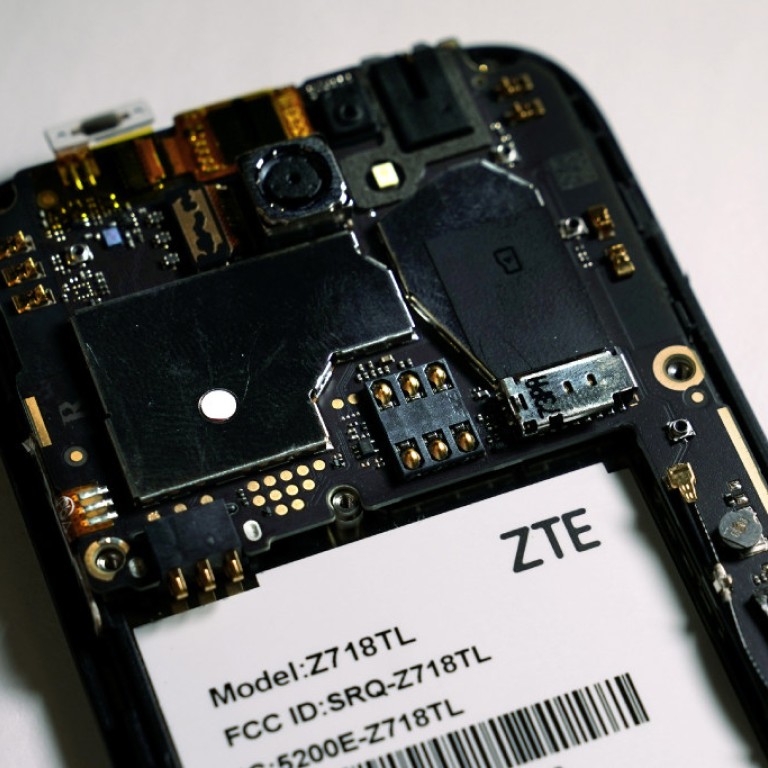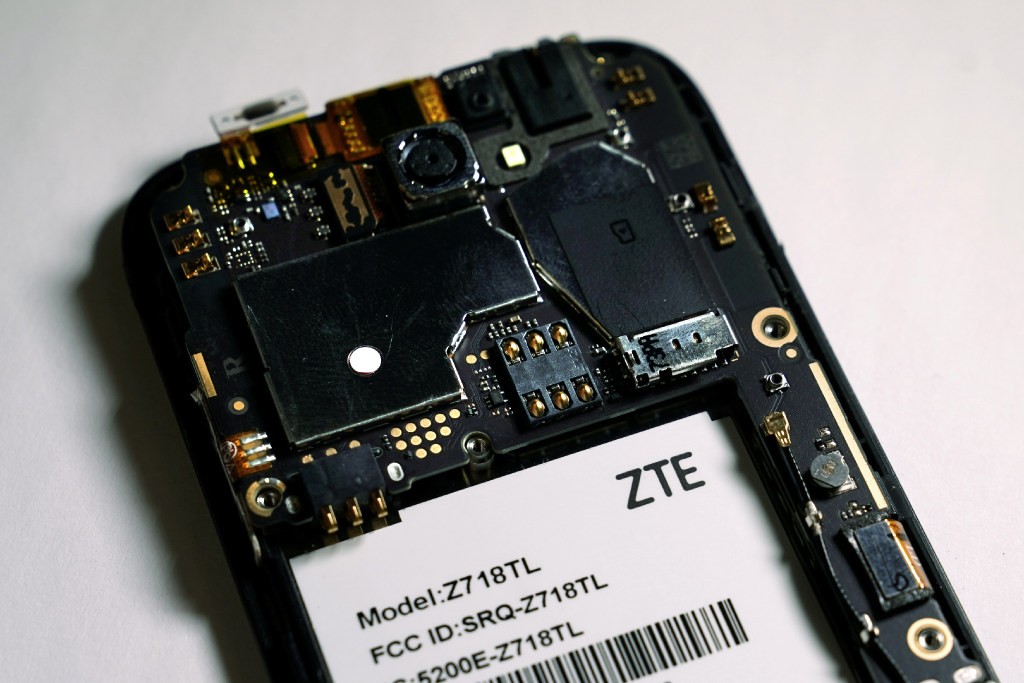
Why ZTE is so important to China’s tech industry
China has many tech giants, but ZTE is one of the few to have a global impact
It’s been a rollercoaster ride for ZTE over the last month, when the US government punished the company for making false statements during an investigation into illegal sales to Iran.
Then, a Sunday surprise: A tweet from President Trump.
OK, Trump tweeting is not a surprise. But the content of the tweet certainly was:
ZTE’s survival would save jobs: The company employs 75,000 people. But it goes beyond that, because China has many tech giants -- but ZTE is one of the few Chinese tech companies to be truly global.
Dual-screen smartphone: ZTE Axon M review
But it’s what’s to come that may have a bigger impact.

Despite the growth in China’s tech industry, the ZTE ban highlights how reliant it remains on hardware and software from the US. The company’s smartphones have CPUs from Qualcomm and run Google’s version of Android -- vital in the West, where services like Google Maps and the Google Play Store virtually define the mobile experience.
One analyst told the New York Times that China will be focused on finding home-grown replacements for all of those American components.
For more insights into China tech, sign up for our tech newsletters, subscribe to our Inside China Tech podcast, and download the comprehensive 2019 China Internet Report. Also roam China Tech City, an award-winning interactive digital map at our sister site Abacus.

